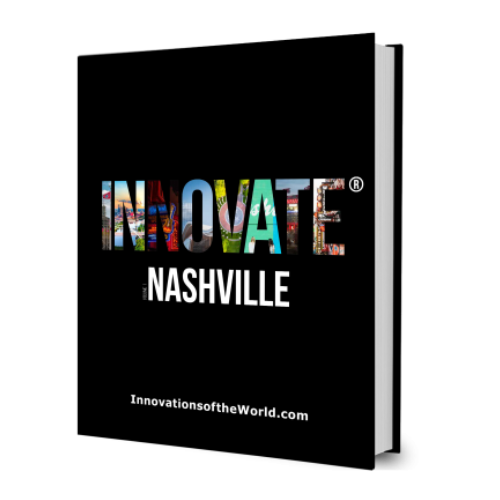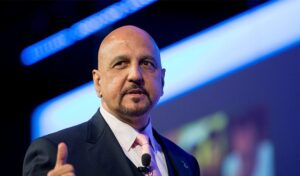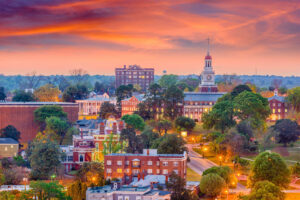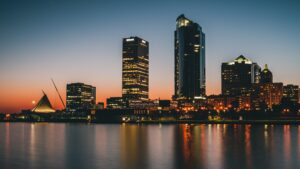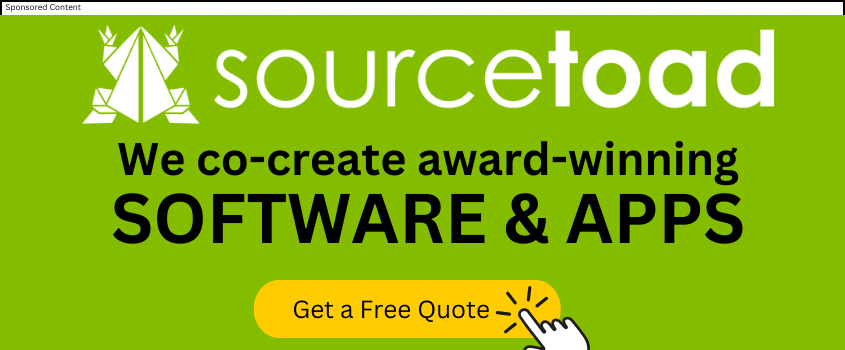It’s all too easy to get swept up in the fervor of “innovation.”
In the polished, produced world of prime-time, venture capitalists drop seven figures into start-ups while founders celebrate exits. Like most things that reach a level of celebrity status in our world of “reality” entertainment, the true story isn’t what we watch on our screens.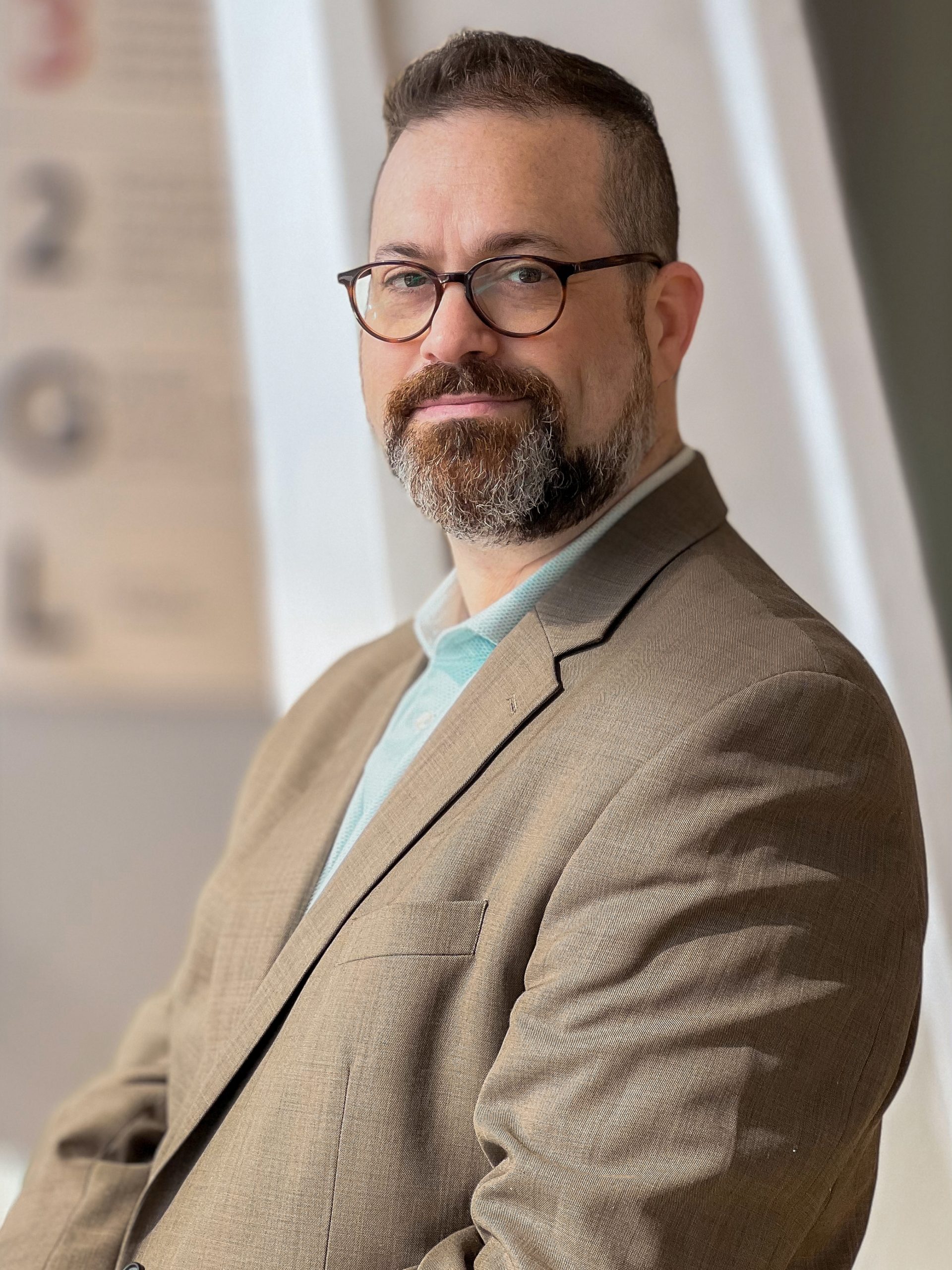
MICHAEL WOOLF, LEGAL ADVISOR / FOUNDER BOON LEGAL
Don’t believe it? Ask Jeff Bezos or Tom Clancy, who argue that overnight success takes “about 10 years.” Or, Eddie Cantor, who famously proclaimed that it takes twenty. Or Steve Jobs, who simply observed that “most overnight successes took a long time.”
Yet, that’s not the innovation culture we celebrate. We champion the “start-ups.” We celebrate the “exits.” We laud the “unicorns.” We praise the “disruptors.” Unfortunately, we tend to forget the “keep goings.”
In the process, and despite the rumors, innovation is neither fast nor polished. And, yes, it often disrupts. To quote Timothy Snyder, disruption implies “nothing can really change, that the chaos that excites us will eventually be absorbed by a self-regulating system. The man who runs naked across a football field certainly disrupts, but he does not change the rules of the game. The whole notion of disruption is adolescent.”
If you’re more inclined to listen to billionaire industrialists than Ivy League professors, try Charles Koch. He holds that innovation only comes through experimentation, failure, and “experimental discovery processes” that are “inevitable, and any attempt to eliminate them only ensures overall failure. The key is to recognize when we’re experimenting and limit the bet accordingly.” Spoken like a true innovator.
Today, we watch innovation materialize at breakneck speeds. And we often get fooled by the press and pageantry. Let’s not do that anymore. It’s time for a reset.
Innovation is not a dream. Innovation is not a result of funding rounds. Innovation is not celebrity-founder status. Innovation is not an award. Innovation is not photo-ops in front of step-and-repeat backdrops. It is the polar opposite.
Innovation is solving real problems. Innovation is effort and persistence. Innovation is systematic observation and measurement. Innovation is experimentation and reformulation. Innovation is testing and retesting. Innovation is modifying hypotheses and challenging assumptions. And, yes, innovation is messy and terribly inefficient.
“Innovation and progress happen when we allow ourselves to embrace uncertainty.” So says Simon Sinek, who aptly describes innovation as “seeing the light at the end of the tunnel and not walking away even though we’ve fallen a few times.
And isn’t that the story of Nashville?
I first moved here in the summer of ’78, when Nashville was a very different place. My family laughs each time we recount the story of my mother’s first trip here. Born in the Bronx and raised in Queens, Mom thought Nashville was populated by overall-wearing cowpokes riding in the back of pickups with bleach blondes in Daisy Dukes.
My father, a Boston native, convinced her to join him for a weekend trip after interviewing here. He assured her that he never saw a “Hee Haw” crowd when he had visited a few weeks earlier. So, reluctantly, my mother made her first trip to Music City only to break down sobbing when she stepped into the Nashville Municipal Airport and walked into a scene out of Altman’s 1975 opus. No one warned my parents that “Fan Fair” week (now CMA Music Fest) was underway. Neither would forget Fan Fair after that.
In the spring of ‘89, I graduated from Hume-Fogg Academic High and began college at Tennessee State University. Back then, Lower Broad was home to Service Merchandise, Tootsies, Gruhn’s Guitars, a plethora of souvenir, boot, and pawn shops, and the Classic Cat (or, as the HFA students of the late ‘80s called it, “the playground”). Jack Cawthon (Jack’s Bar-B-Que) recalled that, in the early ‘90s, downtown “was really a red-light district…you wouldn’t be caught dead on Broadway.”

Fast forward to May 2010. Nashville suffered what was reportedly the worst inland natural disaster in U.S. history. Some 13.5” of rain fell in 36 hours. Nearly 11,000 properties were damaged or destroyed, and 10,000 people displaced. Some 400 businesses closed for more than a year. Many never returned. Damages were estimated at $2 billion to private property and $120 million to public infrastructure. And the federal government designated more than 30% of the State of Tennessee a major disaster area.
I moved back in October 2010 after 20 years away to find piles of rubble and debris still lining the streets nearly six months later. Lower Broad was quiet. Bellevue, Pennington Bend, and Antioch were strewn with deserted homes and businesses left by owners who couldn’t afford to rebuild.
Yet, here we are. Thriving. Nashville innovated.
Today, led by our flourishing Lower Broadway entertainment district, Nashville brings in a whopping $7.4 billion annually in tourism alone. Median home values have risen 300% since 2010. For years, Nashville has seen 75-100 people permanently relocate daily as dozens of companies move headquarters here. And the growth is projected to continue well into the next decade.
An “overnight success?” Or a unified proclamation that “We are Nashville.”
For more than 20 years, I was privileged to lead teams of creatives and storytellers in the video game industry. I had a front-row seat to some of the most exciting technological advances in artificial intelligence, blockchain, graphics, 3d imaging, and advanced simulation. With games, innovation is everything. Innovation is the prerequisite to all else. The discipline to master.
After the Great Recession, many of my game industry peers, like myself, moved on to “serious” pursuits when the game industry contracted. These innovation experts entered the business world with a unique set of skills and introduced the rest of the world to design thinking, user experience (UX) design, achieving flow through game-based learning, agile methodologies, and rapid iteration. The direct impact of games can be felt in almost every vertical, including education, healthcare, automotive, aerospace, supply chain, sports, entertainment, and music. You know, Nashville’s most thriving industries.
And the game industry’s track record speaks for itself. Even during my own game career, I led or significantly contributed to the development of more than 40 titles from concept to shelf (each on or under time and budget). Each made a profit and, collectively, they generated nearly $500 million in revenue. Not bad for a few dozen games.
So how do we promote innovation?
Start with fostering collaborative environments that emphasize learning and mentoring and help people perform at their natural best. Promote safe spaces where teams can make more mistakes and fail early and often in the service of discovering great ideas and products. Sprinkle in the wisdom of my former professor, Jack Shea, and proclaim that “you don’t have to be different to be good because being good is different enough.” Amen.
In 2012, I stepped into a little experiment in innovation: the Nashville Entrepreneur Center. There, Michael Burcham cultivated a space for entrepreneurs to gather, learn, and grow. The EC didn’t take 10 years for its “overnight success” to put Nashville on the global innovation map.
The same can be said for the Wond’ry at Vanderbilt; the Nashville Business Incubation Center; Pathway’s Women’s Business Center; the entrepreneur programs at Vanderbilt’s Owen School and Belmont’s Massey College; Belmont University College of Law (my alma mater); the Nashville Technology Council; Nashville Software School; Pivot Technology School; and countless other organizations that innovate to build up and give back.
That’s why I’ve volunteered for nearly 10 years as an advisor/mentor at the EC, the Wond’ry, BEST, and elsewhere.
It’s working with the “keep goings” that excites me the most. That’s why at Boon Legal – a firm of entrepreneurs for entrepreneurs – we serve clients with innovative legal solutions borne from experience. We build relationships. We listen and learn. We embrace technology and efficiency. We offer flat-fee pricing for every project from formation to M&A. We don’t charge clients to have a conversation. And we offer monthly legal plans to allow entrepreneurs to innovate with confidence.
And we do it in a city of innovation, right here in Nashville.

